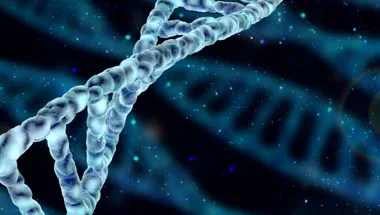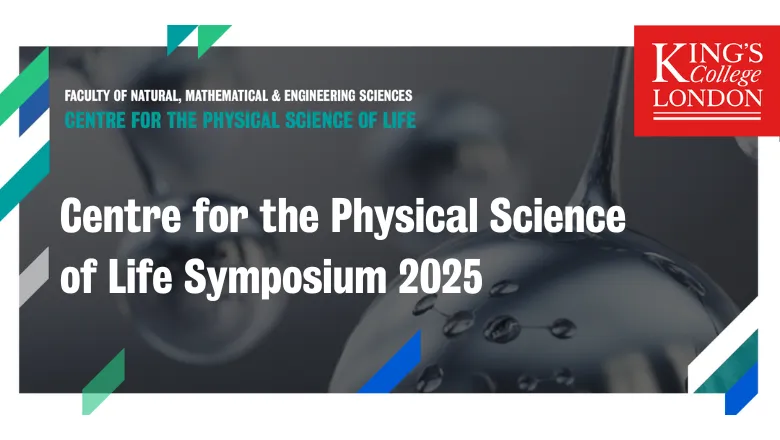
Biography
Dr Tim Nott is a Reader in Chemical Biology in the Department of Chemistry at King's College London.
He received his PhD in Molecular Structure at the National Institute for Medical Research (UK). He then undertook postdoctoral work with Tony Pawson in Toronto (Canada) and, following the closure of the Pawson lab, with Andrew Baldwin at the University of Oxford. In 2016 Tim was awarded a Sir Henry Dale Fellowship from the Wellcome Trust and Royal Society and started his lab in the Department of Biochemistry at the University of Oxford.
In 2023, Tim moved to the Department of Chemistry at the King’s College London. His work focusses on understanding the chemical principles of cellular organisation.
Research interests
- Chemical biology
- Biophysics
- Disordered proteins
- Cellular organisation
Teaching
- Chemistry in Cells
- UG Research Methods Labs and Literature Review
- Natural Sciences Chemistry for Interdisciplinary Sciences
- MSci Research Project & Dissertation
- MRes Research Project in Interdisciplinary Chemistry
Research profile
For more information on Dr Nott's research please see his Research Portal page
The Nott Group
Postgraduate Researcher
- Jad Sayegh
A central organising principle of eukaryotic cells is the compartmentalisation of biochemical reactions by membrane boundaries into organelles. However, not all cellular processes are organised in this way. Cells also contain a variety of organelles and compartments such as nucleoli, Cajal bodies, P-granules, and nuage that lack a membrane boundary. These membraneless organelles form by the condensation protein and nucleic acid into liquid-like droplets and can be readily observed with a light microscope. Membraneless organelles are predominantly associated with DNA and RNA biochemistry, and rapidly assemble and dissolve with changes to the cellular environment or cell cycle.
The Nott Group's research aims to explain how the droplet-like properties of membraneless organelles provide a general organising principle in cells, and understand why cells perform certain reactions inside them. To tackle these questions, the group uses tools and techniques from cell and structural biology, chemical biology, and polymer theory.
Research

RNA Biology
RNA is at the forefront of biomedical research for its central role in how information is transferred from DNA to protein. This Research Interest Group is open to all interested parties from across the University.
Events

Centre for the Physical Science of Life Symposium 2025
Please join us in-person for the Centre for the Physical Science of Life Symposium at King’s College London.
Please note: this event has passed.
Research

RNA Biology
RNA is at the forefront of biomedical research for its central role in how information is transferred from DNA to protein. This Research Interest Group is open to all interested parties from across the University.
Events

Centre for the Physical Science of Life Symposium 2025
Please join us in-person for the Centre for the Physical Science of Life Symposium at King’s College London.
Please note: this event has passed.
